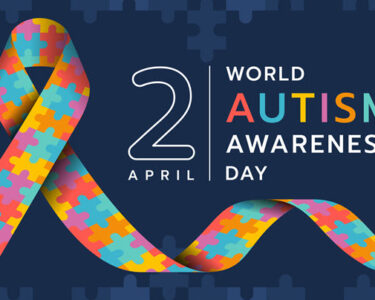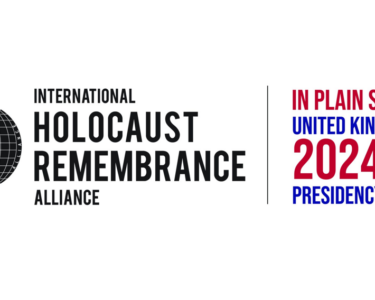‘I didn’t stop being racist because of (learning about) Holocaust […] I’ve always not been racist.’ (Ella, Year 12 student, Peterborough).
In popular, political and even educational discourse, it has become a commonplace to assert that it is crucially important for young people to learn about the Holocaust as an intervention against racism and prejudice in the present day. But in a focus group interview exploring secondary school students’ attitudes towards encountering this history, Year 12 student Ella begins to turn that proposition on its head.
Ella was one of more than 9,500 students consulted by UCL researchers as part of a three-year national study investigating ‘What do students know and understand about the Holocaust?’. Drawing primarily on survey responses from almost 8,000 students and focus group interviews with nearly 250 more, this study, launched last month by the UCL Centre for Holocaust Education, is the biggest of its kind in the world. Its findings ask serious questions of educators: what should young people know about the Holocaust and why?
Since 1991, the Holocaust has been firmly established within the National Curriculum. Yet during that time, the reasons why the Holocaust is educationally important have seldom been clearly or explicitly articulated between teachers, politicians, or policymakers. Facing limited curriculum time, many teachers are left uncertain as to what content to include or to prioritise, and more importantly, what the educational aims of teaching about the Holocaust should be. The Centre’s earlier ‘Teaching About the Holocaust in English Secondary Schools’ study established that teachers of different subjects were most likely to understand their mission as enabling students to ‘understand the ramifications of racism’, ‘transform society’, and ‘learn the lesson of the Holocaust to ensure that it never happens again’. However, as the study went on to argue, such universal, trans-disciplinary aims can prove very difficult to teach and create many problems in defining specific learning objectives or assessment criteria.
The Centre’s most recent, student-focused, study offers further cause for questioning the educational effectiveness of these dominant teaching aims. Students seemed to share some of their teachers’ appreciation for broad, ethical aims but also highly rated the importance of historical knowledge and a moral duty towards the victims. Some 85 per cent of students surveyed agreed that they should be taught about this history to ‘understand where racism can lead’; ‘respect the memory of the victims’; ‘stop something similar happening again’; ‘deepen their historical knowledge’; and ‘learn about what caused the Holocaust’.
Although 83 per cent of students agreed that it was important to study the Holocaust and 85 per cent reported that they had learned about the Holocaust by Year 10, the research found that many lacked core knowledge and understanding of this history. More than half of younger students (Years 7-9) believed that Hitler was solely responsible for the Holocaust. The research reported many misunderstandings as to who the Nazis were or what numbers of Jewish victims were killed. Very few students understood different roles played by collaborating regimes and ordinary people in the development of the Holocaust.
Moreover, many students were unsure about when and where the Holocaust took place or what was Britain’s response. Critically, while the majority of students knew Jews were the primary victims, they had little understanding of why this group was persecuted and murdered. Especially worrying, when specifically asked, ‘Why the Jews?’, rather than looking to the worldview of perpetrators, students’ explanations often relied on misconceptions and stereotypes about who the Jews were. For example, in interviews, a number of students alluded to the Jews as a single group being ‘rich’ or ‘having power’ and therefore being perceived as a threat. With 68 per cent of students unaware of what antisemitism means, the distinctive racial dimension of Nazi antisemitism was greatly overlooked. None of these findings are intended as a criticism of students, nor their teachers. Rather such limitations are seen as a consequence of curriculum constraints and the problematic manner in which the Holocaust is often popularly and politically framed.
In his call for true understanding, the eminent historian Professor Yehuda Bauer, honorary chairman of the 31 nation state International Holocaust Remembrance Alliance (IHRA), stated: “the Holocaust is too often turned into vague lessons of the danger of ‘hatred’ or ‘prejudice’ at the expense of really trying to understand the reasons and motivations for the genocide”. It is also the conviction of the new report’s authors that “specific knowledge content does matter, especially with regard to the forms of understanding it allows or impedes”. Meaningful education with “secure historical knowledge is an important basis from which powerful understandings of- and from- the Holocaust can ultimately be drawn”.
Sylwia Holmes
Research Associate
UCL Centre for Holocaust Education



